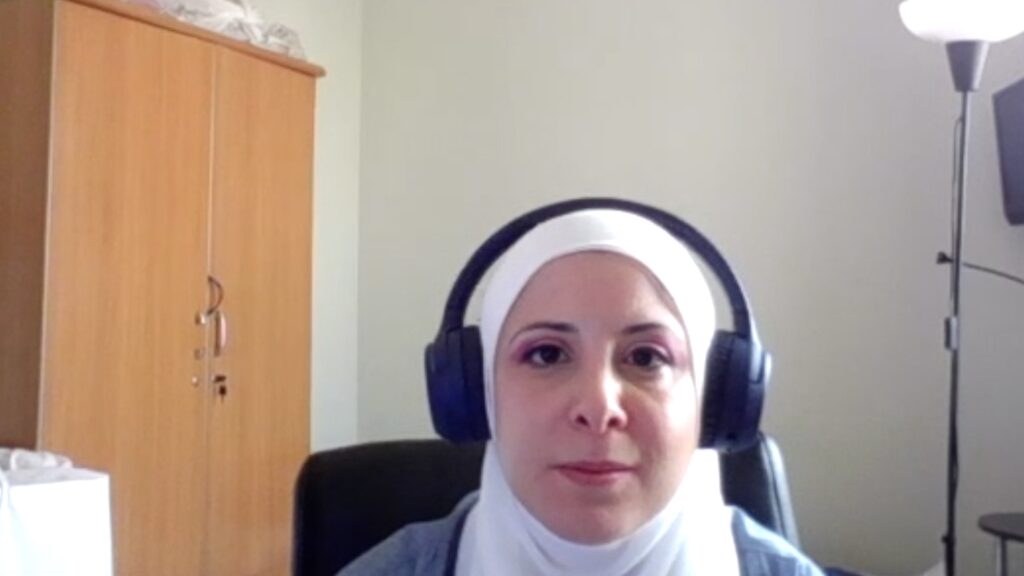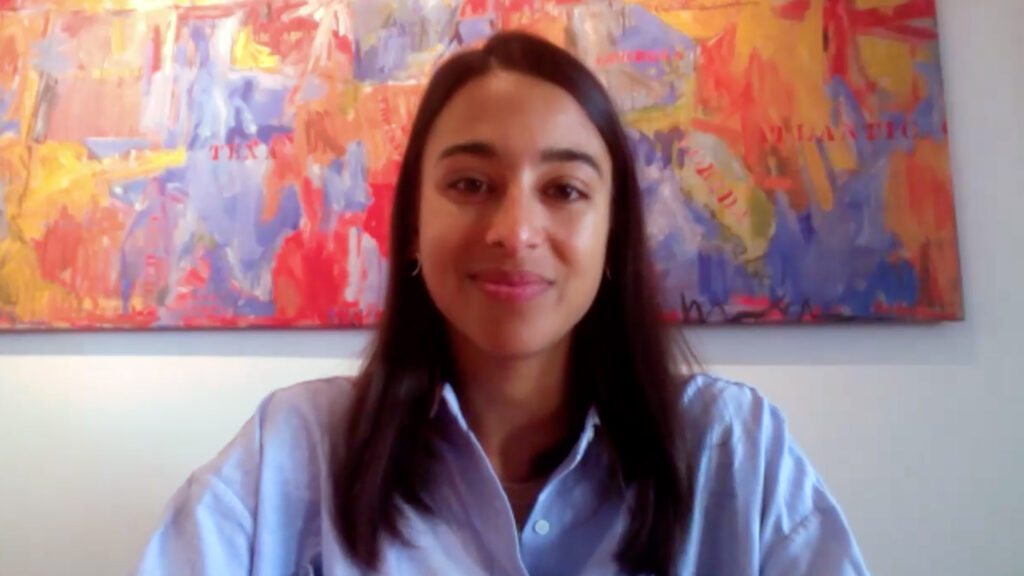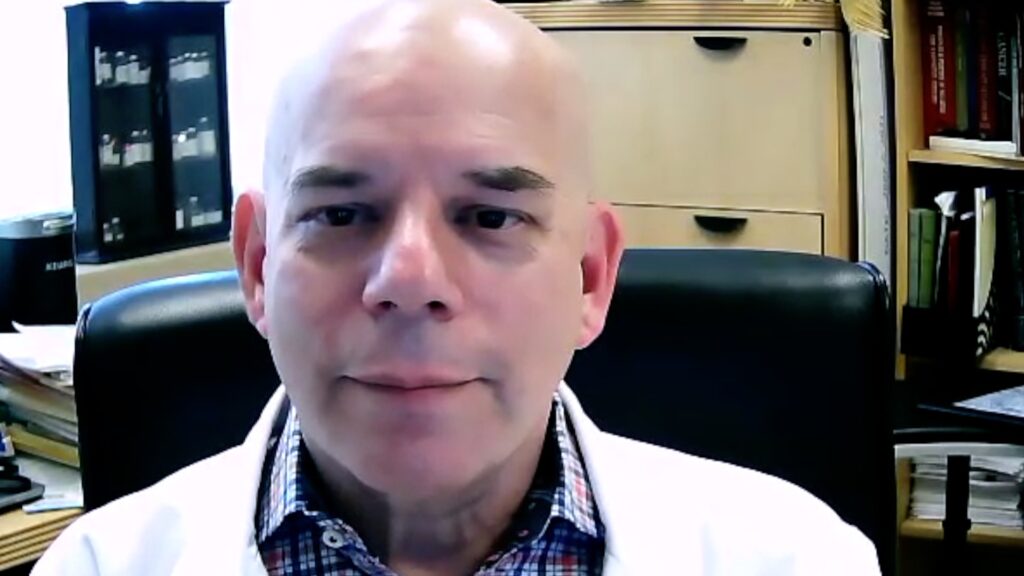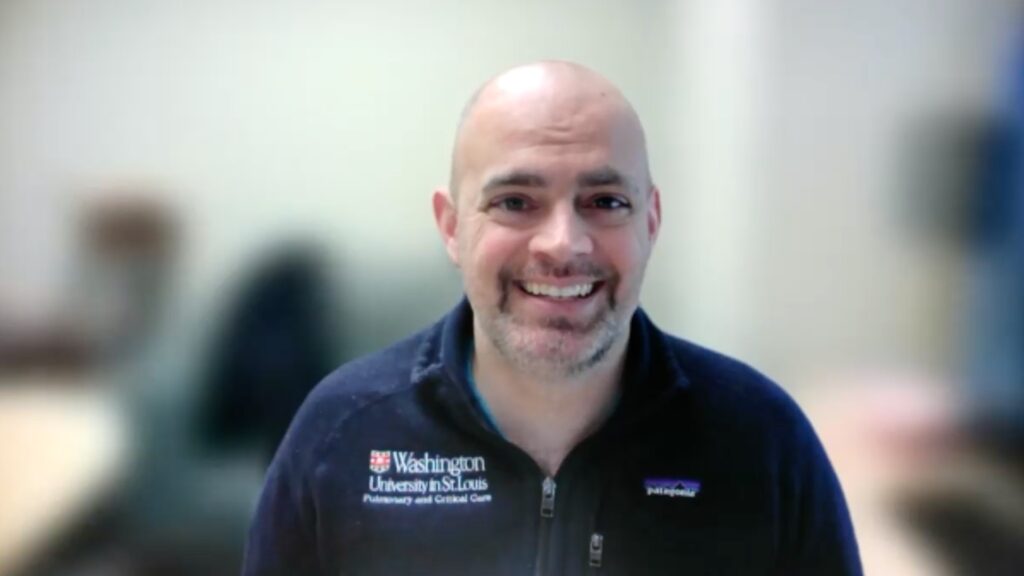
Dr Juzar Ali, Professor of Medicine, is an academic clinician/clinical educator/clinical researcher within the section of pulmonary critical care at Louisiana State University Health Sciences Center (LSUHSC) New Orleans. He has worked nationally and internationally in the field of tuberculosis, and at the LSUHSC has developed programs that contribute to the education of medical students, allied health professionals, and the community. His clinical, academic, and research interests include the diagnosis and management of tuberculous and non-tuberculous mycobacterial disease and related co-morbidities in pulmonary medicine. He has participated in various multi-center studies and trials of tuberculosis and non-tuberculous mycobacteria, and has co-authored a textbook, Pulmonary Pathophysiology, a symptom-based clinical and pathophysiologic review of lung diseases. He has also developed the Chest Radiology: PreTest Self-Assessment and Review series for medical students and residents. Dr Ali is a recipient of numerous teaching awards over the last two decades. He was recently recognized as a member of the Best Doctors in America and at a national level was awarded the Fulbright Scholar Teaching Grant and Alumni Award and Fulbright Senior Scholar Award twice with academic tenures in Turkey and India collaborating on medical education programs in pulmonary medicine and mycobacterial diseases. He has also been a visiting faculty to Vietnam under the US–Vietnam Education Fund Program. Currently his focus is on developing a mycobacterial diseases mentoring and training program in the section and creating a mycobacterial diseases clinical and basic science registry and database in collaboration with other departments at LSUHSC.
During the current COVID-19 pandemic, it is important that tuberculosis (TB) control measures are maintained.1,2 Using the Louisiana Department of Health guidelines for TB control, we outline the steps we recommend to be taken in all TB program clinics, and what can be temporarily postponed to be reviewed at a later date.3 The aim for these steps are to reduce the potential for COVID-19 exposure for healthcare workers and patients, to adopt best practices and maintain essential TB prevention, treatment and control measures in a protocolized and prioritized manner without compromising efforts to control TB, and to identify and navigate comorbidities in COVID-19 and TB, directing care as appropriate.
Steps taken
With these goals and objectives, TB program clinics and TB designated in-patient sites could prioritize and adopt the following, while tailoring to the local needs and impact of the COVID-19 surge:
– continuation of care of persons with confirmed or clinical active TB cases with directly observed treatment (DOT) or video DOT as much as possible with use of personal protective equipment (PPE)s as per guidelines;
– contact tracing in these cohorts and evaluation at clinics as per previous guidelines;
– sputum collection and testing with strict infection control measures and use of PPEs;
– monitoring labs;
– scheduling follow-up medical and nurse visits are best done also as needed via telemedicine;
– identify high risk groups and follow guidelines of infection control related to both COVID-19 and TB;
– strict adherence to symptom screening for COVID-19 at clinic entry point and adoption of the client flow models of minimal face-to-face exposure depending upon individual cases;
– availability of a designated isolation room for persons under investigation (PUI);
– special attention to flow and entry of ancillary lab/outsourced service staff;
– increased emphasis on communication with primary care teams;
– streamline referrals from hospitals post-discharge of patients with TB with a combination of face-to-face (F2F) and telemed encounters;
– monitoring of patients with latent tuberculosis infection (LTBI) through telemed with symptom screening as per already-set protocols;
– dispensation of medication through F2F encounters and use of appropriate PPEs;
– continued environmental controls and close coordination with engineering staff regarding ultraviolet and heating, ventilation and air conditioning system maintenance; and
– in-patient hospital care of patients with TB/multi-drug resistant TB at a dedicated TB hospital – infection control measures to restrict visitor entry and adopt strict staff monitoring of COVID-19 symptoms if any, while maintaining TB control measures and reducing risk of cluster cases in congregate settings.
The following TB services could be temporarily postponed to be reviewed later on an ongoing basis later:
– referrals for routine reactors and convertors (patients with non-active TB).
Nurses should contact the referring provider to advise that the patient can seek care through a private provider or wait until normal TB control program operations resume;
– referrals for patients being evaluated for biologics and consideration of treatment of latent TB.
Nurses should contact referring provider to advise that patient can seek care through a private provider or wait until normal TB operations resume. If an essential TB evaluation with a doctor is needed, it can be done on a case-by-case basis in consultation with the regional TB control manager. Telephone consultation with an Office of Public Health (OPH) TB doctor by a private doctor if deemed essential may be arranged by the regional TB control manager with the OPH TB doctor.
– Prescriptions for LTBI could be started by private doctor if needed, based on a risk-benefit assessment; and
– immigration/refugee screening for Immigration Services must be deferred till routine operations are resumed.
References
- World Health Organization. World Health Organization (WHO) Information Note Tuberculosis and COVID-19. 202. Available at: who.int/tb/COVID_19considerations_tuberculosis_services.pdf (accessed 1 April 2020).
- Coninx R. Tuberculosis in complex emergencies. Bull World Health Organ. 2007;85:637–40.
- Louisiana Department of Health Office of Public Health. Tuberculosis Control Manual. 2020. Available at: http://ldh.la.gov/assets/oph/Center-PHCH/Center-PH/tuber/TBManual2020.pdf (accessed 30 March 2020).
Support: Commissioned, edited and funded by Touch Medical Media.
Published: 2 April 2020.












